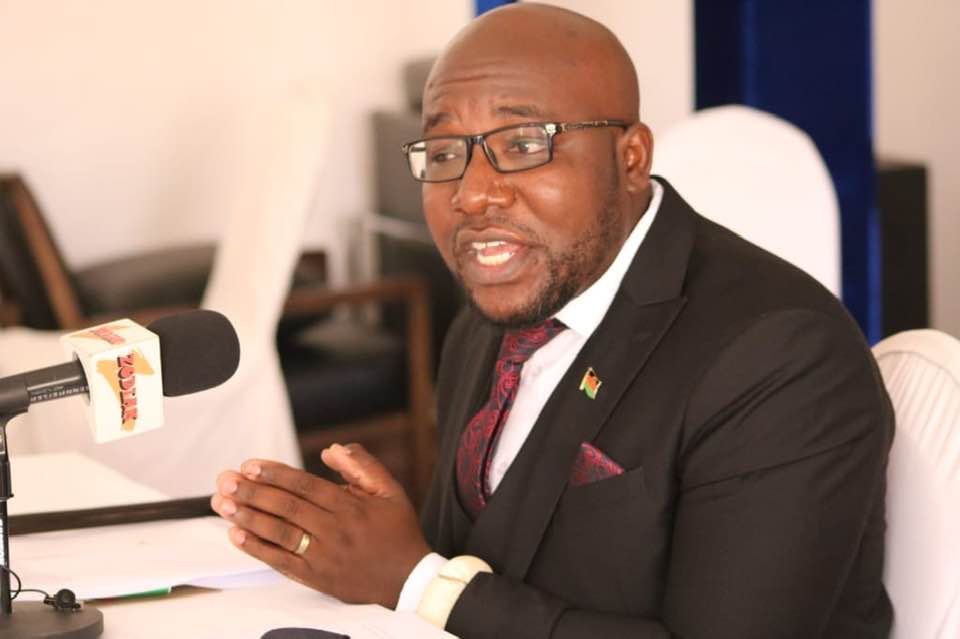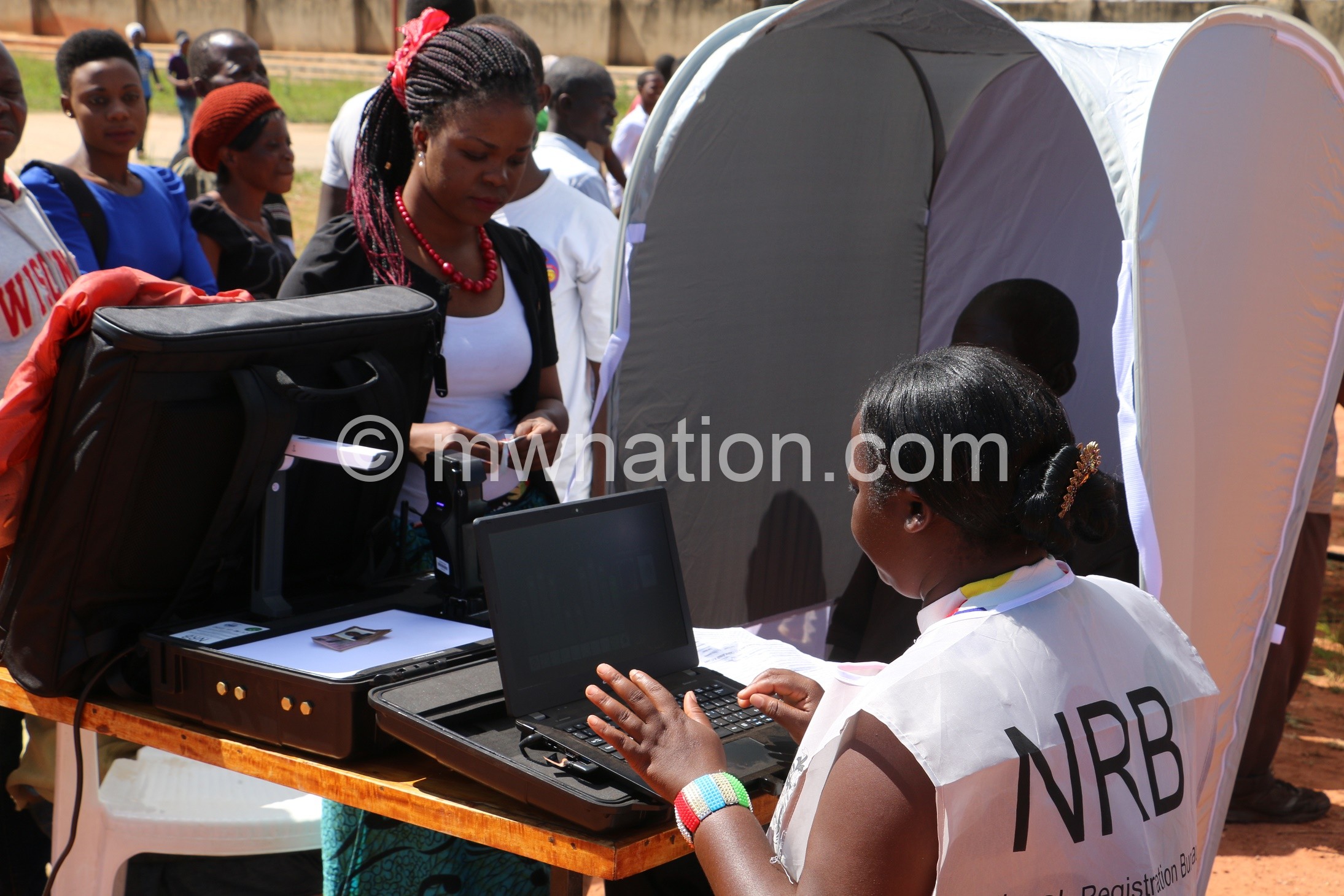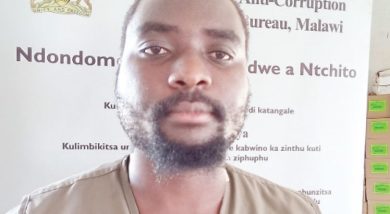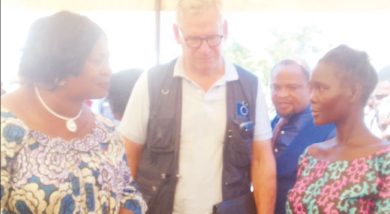Malawi pays price of demos
Malawi has paid a heavy price for the violence during the year-long post-election protests as it has cost the economy $1.5 billion (about K1.13 trillion) in purchasing power parity (PPP) losses.
This K1.13 trillion as assessed by the Global Peace Index (GPI) is equivalent to over half or 57 percent of the country’s K1.9 trillion 2021/22 National Budget and equals domestic revenue target estimated at K1.101 trillion. It also represents about 14 percent of gross domestic product (GDP) now at K8.1 trillion.

PPP is a theory of measurement of prices used by macroeconomic analysts in different countries and uses prices of specific goods to compare the absolute purchasing power.
In the 2020 report, the index pegged Malawi’s loss at $534.8 million in 2019 due to the violence linked to demonstrations mostly organised by Human Rights Defenders Coalition (HRDC) to push for the resignation of then Malawi Electoral Commission (MEC) chairperson Jane Ansah and her team for allegedly presiding over flawed elections.
The survey also shows that over 75 out of 100 Malawians report being worried about violent crime, ranking the country on position 59 in the world and eighth in the Southern Africa Development Community region.
It warns that such fear and the violence that ensues creates significant economic disruptions, including damage to property and physical injury or psychological trauma as witnessed in the K1.13 trillion loss.

Globally, the economic impact of violence to the economy in 2020 was $14.96 trillion in PPP terms, an equivalent of 11.6 per cent of the world’s economic activity (gross world product) or $1 942 per person.
The GPI report on global peacefulness is published by the British Institute for Economics and Peace (IEP), an independent, non-partisan and non-profit-making think-tank rated the world’s leading measure of global peacefulness.
The report reads: “Fear of violence also alters economic behaviour, primarily by changing investment and consumption patterns. Expenditure on preventing and dealing with the consequences of violence diverts public and private resources away from productive activities and towards protective measures.”
Malawi is also among countries in positive peace deficit, a classification for nations more likely to experience increasing levels of violence over the next decade.
The economic losses as per the analysis dwarf the impact of the devastating Cyclone Idai in 2019 which saw severe floods affecting one million people and caused damages valued at K172.6 billion and economic losses worth K7.8 billion.
Reacting to the assessment, Mzuzu University security studies expert Euginio Njoloma said the security climate needs to be constructed and maintained by a good political climate where the of law prevails.
“A disciplined political leadership is vital for creating a disciplined Malawian society,” he said.
On his part, University of Malawi (Unima) peace and security studies expert Master Dicks Mfune said the country needs to fast-track the process of implementing the National Peace Policy passed in 2017.
He also called for the enactment of Malawi Peace and National Unity Commission whose Bill, he said, has been delayed. He said the commission would offer a platform for dialogue, mediation and support Infrastructure for Peace (I4P) that are available.
Mfune said: “Peace-building and conflict prevention organisations in place need to be supported through capacity building, research and funding. These can then carry out conflict sensitisation meetings, peace-building and conflict prevention.”
Unima professor of political and administrative studies Happy Kayuni said failure by governance institutions to execute their duties should be tamed if the country is to prevent a repeat of the post-May 2019 era.
He said: “Political violence is among other things a reflection of a failure in the performance of key governance institutions. In our case, it was the failure of MEC to effectively handle elections and politicisation of the police.
“Effectiveness in these could have positively affected peace in the country. In other words, leadership should ensure that key governance institutions work effectively to maintain peace in a country.”
In his reaction yesterday, HRDC chairperson Gift Trapence, whose institution led thousands of Malawians—including President Lazarus Chakwera and Vice-President Saulos Chilima then in opposition—in the protests, decried the ravage to the economy, saying the country is paying a huge cost due to undemocratic tendencies by government.
He said: “Leaders should make sure that they comply with principles of good governance and democracy. Citizens turn to be the greatest losers like in this case.”
Malawi University of Business and Applied Sciences associate professor of economics Betchani Tchereni said such costs make the common person the ultimate sufferer. He said Malawi’s economy was under siege due to complete or partial closure of businesses and failure by new investors to commit their resources to the economy.
Minister of Civic Education and National Unity Timothy Mtambo, who spearheaded the post-May 2019 elections protests under the HRDC banner, said his ministry submitted for vetting the Malawi Peace and Unity Bill which, among others, seeks to create the Malawi Peace and Unity Commission.
The protests were held alongside hearing of the presidential election nullification petition filed by Chakwera and Chilima. Both the High Court of Malawi and the Malawi Supreme Court of Appeal granted the petitioners their wish to have the election results nullified and an order for a fresh presidential election.





